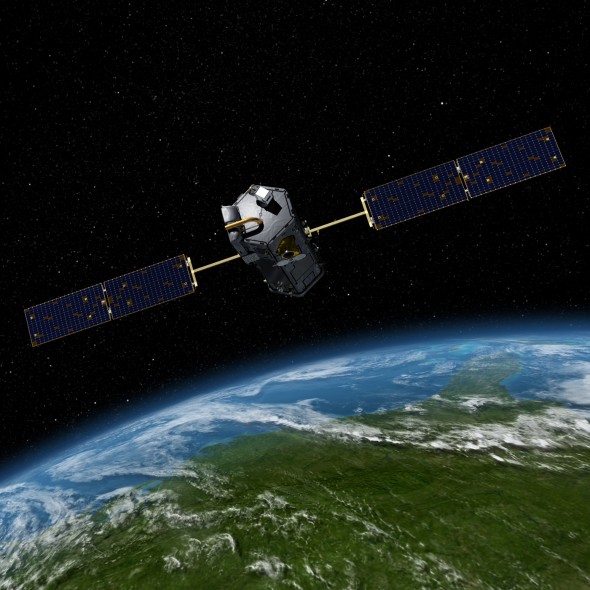Predicting precision of movement tasks
Even simple, frequently carried-out movement tasks like opening a door or grasping an object are sometimes realized better and sometimes worse, sometimes faster, sometimes slower, sometimes more precisely, sometimes less precisely. This variability in performance can be traced back in part to brain activity. An interdisciplinary junior research group has developed a self-learning algorithm that allows predictions concerning the precision of an action. The procedure could be used for physical training methods and for improving rehabilitation after strokes.

Leave a Reply